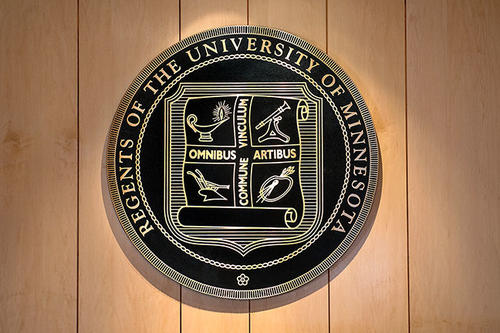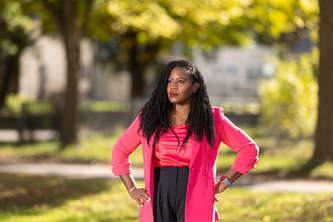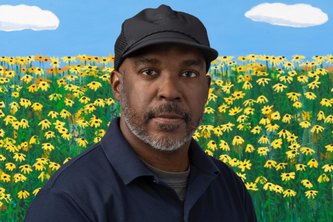
What: University of Minnesota Board of Regents meeting
When: Thursday, October 13 and Friday, October 14, 2016
Where: Sixth floor, McNamara Alumni Center, 200 Oak St. S.E., Minneapolis
Health and safety efforts across the U of M system aim to provide a safe, secure, welcoming and healthy environment for members of the University of Minnesota community.
The University’s Board of Regents will discuss public safety strategies and investments to meet these goals across the U of M system when it meets, October 13-14.
“Safety is a shared responsibility among all members of the University community,” said Mike Berthelsen, interim vice president of University Services. “Through crime prevention and response measures, preparation and training exercises and keeping our community informed, we stand ready to respond when needed.”
On the Twin Cities campus, which serves more than 80,000 people daily, the University of Minnesota Police Department (UMPD) is the first police department in the state to have all officers complete crisis intervention training. Through its work, and with the help of local law enforcement agencies, there’s been a 33 percent reduction in serious crimes on campus during the past decade.
More than $4 million has been invested in Twin Cities campus security since 2013 to improve building access, lighting, video surveillance, education, and to expand the student monitor program. Increasing security in the tunnels and upgrading cameras are the next safety priorities.
Last year, the Crookston campus was named one of the “10 Safest College Campuses in the Nation” by USA Today. Officers on the Morris campus have a long tradition of safety-related programming for students, faculty, and staff. And in Duluth, the UMDPD is expanding its community outreach efforts.
The Department of Emergency Management (DEM) helps all five campuses prepare for, respond to, mitigate the effects of and recover from emergencies and natural disasters. Since 2013, the unit has planned and conducted more than three dozen major training exercises system-wide, including Active Threat Trainings such as chemical spills, train derailment, and protests. DEM has also organized a number of full-scale functional exercises in close coordination with partner agencies to build strong relationships that will improve responses to real emergencies.
Twin Cities campus facilities
The Board is also expected to act on proposed plans for new facilities on the Twin Cities campus, including a competition-level track and field facility near the Athletes Village. The track facility is a key component to the University’s commitment to gender equity and Title IX compliance.
To accommodate the track, the University must relocate a sports bubble and field currently on that site. The bubble and field, which serves thousands of Twin Cities campus students in intramural athletics, would move to land near TCF Bank Stadium. That land is currently the site of the Kurth Elevator and Electric Steel Elevators. The University owns the Steel Elevator land and the Board will consider a resolution for demolition of the elevators while preserving historic equipment and documentation of the elevators, including via a partnership with the Mill City Museum. The University has received comments and feedback from students, faculty, staff and community members who want to preserve the Electric Steel Elevators and that input will inform the Board’s decision.
Advancing the U and the state
Board action is also expected on the proposed FY18-19 biennial legislative budget initiative, which benefits U students, faculty and Minnesota residents. The recommendation comprises three focus areas that advance the University’s land-grant mission and reflect the University’s and President Eric Kaler’s strategic system-wide priorities: student success, expansion of Minnesota’s Discovery, Research and InnoVation Economy (MnDRIVE) initiative and core mission support. Additionally, increased funding for the Natural Resources Research Institute is proposed, as well as funding for health care training and services, and the Bell Museum. More detail on the request is outlined in this press release.
The Board is expected to:
Act on the six-year capital plan and 2017 legislative request, both designed to set priorities and direction for continued capital investment and funding support from the state Legislature.
Participate in a work session regarding admissions practices. The Board plans to discuss the holistic admission process and how it is used to select students.
Begin discussing a system-wide strategic planning process, with a goal to better align institutional resources and leverage the University’s strengths as a system.
Recognize bands at the U of M with an Award of Outstanding Merit. This year marks the 125th anniversary of University bands on the Twin Cities campus.
Committee meetings begin at 8 a.m. on Thursday, October 13. The full Board meeting begins at 9 a.m. on Friday, October 14. For more information, including meeting times and locations, go to the Regents website.
- Categories:
- Campus Affairs





